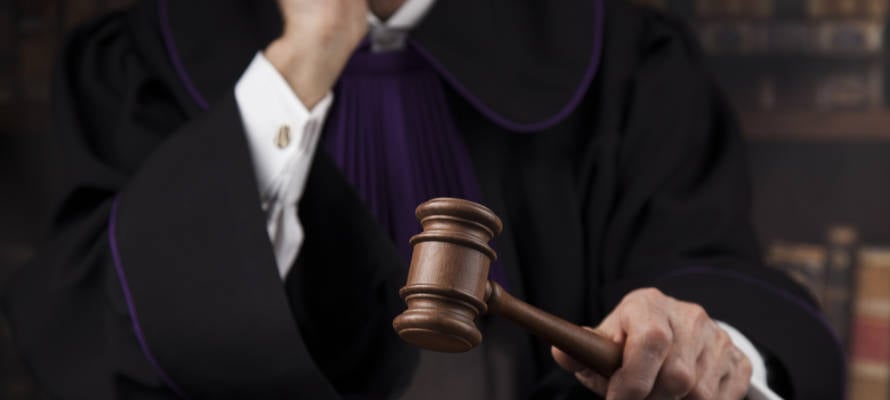Although non-Jews are not required to keep Torah commandments, the requirement to establish the rule of law is binding on all humanity.
By Rabbi Ari Enkin, Rabbinic Director, United with Israel
This week’s Torah portion is “Shoftim” (Deuteronomy 16:18–21:9) and, as its name clearly implies, it deals with the mitzva (commandment) to appoint judges, police officers, and ensure law enforcement. Shoftim in Hebrew means “Judges.”
As the verse says “You shall appoint judges and police officers in all your gates [cities], and they shall judge the people fairly.”
It is interesting to note that although non-Jews are not required to keep the mitzvot of the Torah (if you’re not Jewish, enjoy your bacon!), the requirement to establish the rule of law is a commandment binding on all humanity. The verses that follow discuss the prohibition on bribery and other forms of corruption.
It is noted that the Hebrew wording of these verses is problematic. The verses start off by saying that the nation is obligated to ensure that judges (plural tense) are appointed. But then the Torah switches to “second person” tense and says “YOU must not show favoritism, YOU must not take bribes…”
Why is the Torah now addressing individuals? Shouldn’t the Torah be addressing the “judges” in “plural tense” (i.e. “they”)?
It is explained that we are under the impression that the laws relevant to judges apply only to judges, that the laws relevant to Kohanim (priests) apply only to Kohanim, and that the laws relevant to firstborns apply only to firstborns, and so on. But this is wrong, or at least not entirely correct. This is because all such laws are relevant to everyone at some level.
Who among us does not act as a “judge,” multiple times a day in fact. We “judge” people when we meet them. We judge people by the way they dress, the way the speak, the work they do, and more. We all have “judges” inside of us. We are all judges, all priests, all firstborns, all Levites – the entire Torah is relevant and applies to all of us on some level.
Hence, although the Torahi s certainly addressing the professional judges with its warning against corruption and bribery, these same verses and warnings apply to all of us as well to some extent. Hence, when we judge others, we too must judge fairly and not jump to conclusions.
Click below for more insights by Rabbi Enkin on this week’s Torah portion.
https://unitedwithisrael.org/living-torah-is-magic-a-legitimate-pursuit/
https://unitedwithisrael.org/living-torah-a-jews-true-home-is-only-in-israel/
Living Torah: Even a King Must Remain a Humble Servant of God
Do You Love Israel? Make a Donation to Show Your Support!
Donate to vital charities that protect Israelis and help inspire millions around the world to support Israel too!
Now more than ever, Israel needs your help to fight and win the war -- and also the battle of public opinion.
Anti-Israel bias and boycotts are out of control. Israel's enemies effectively use social media to incite brutal terror against innocent Israeli civilians. Please help us fight back!
HELP DEFEND THE TRUTH - MAKE A DONATION TODAY




